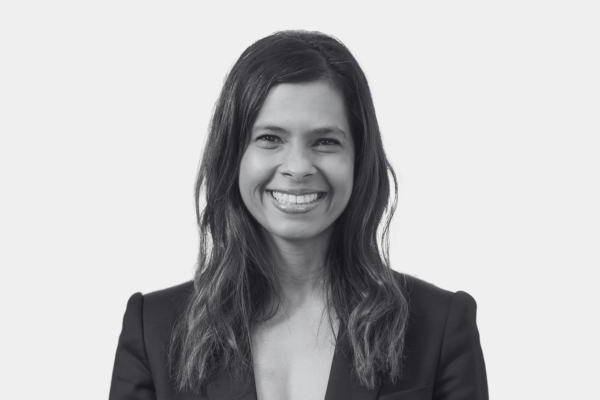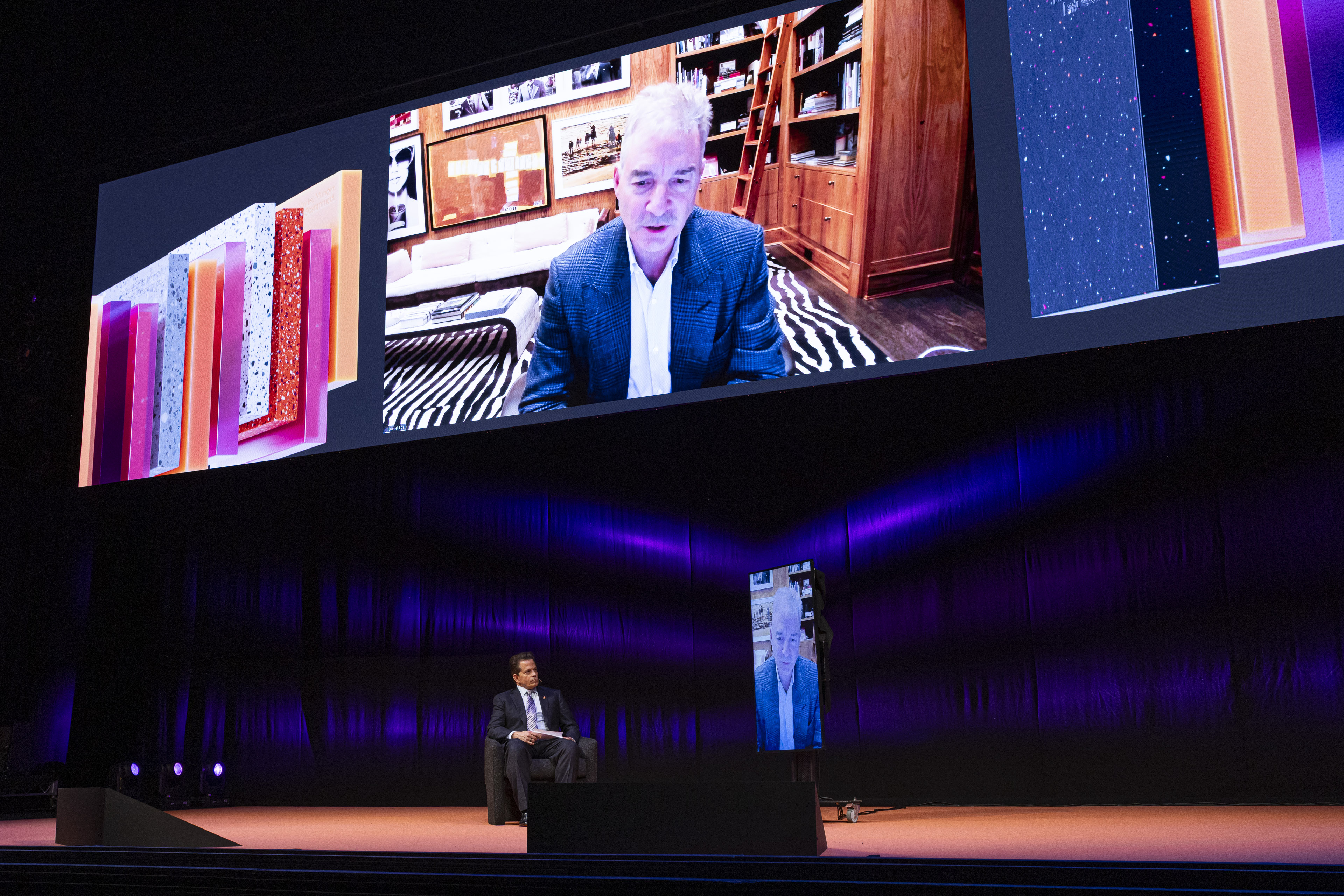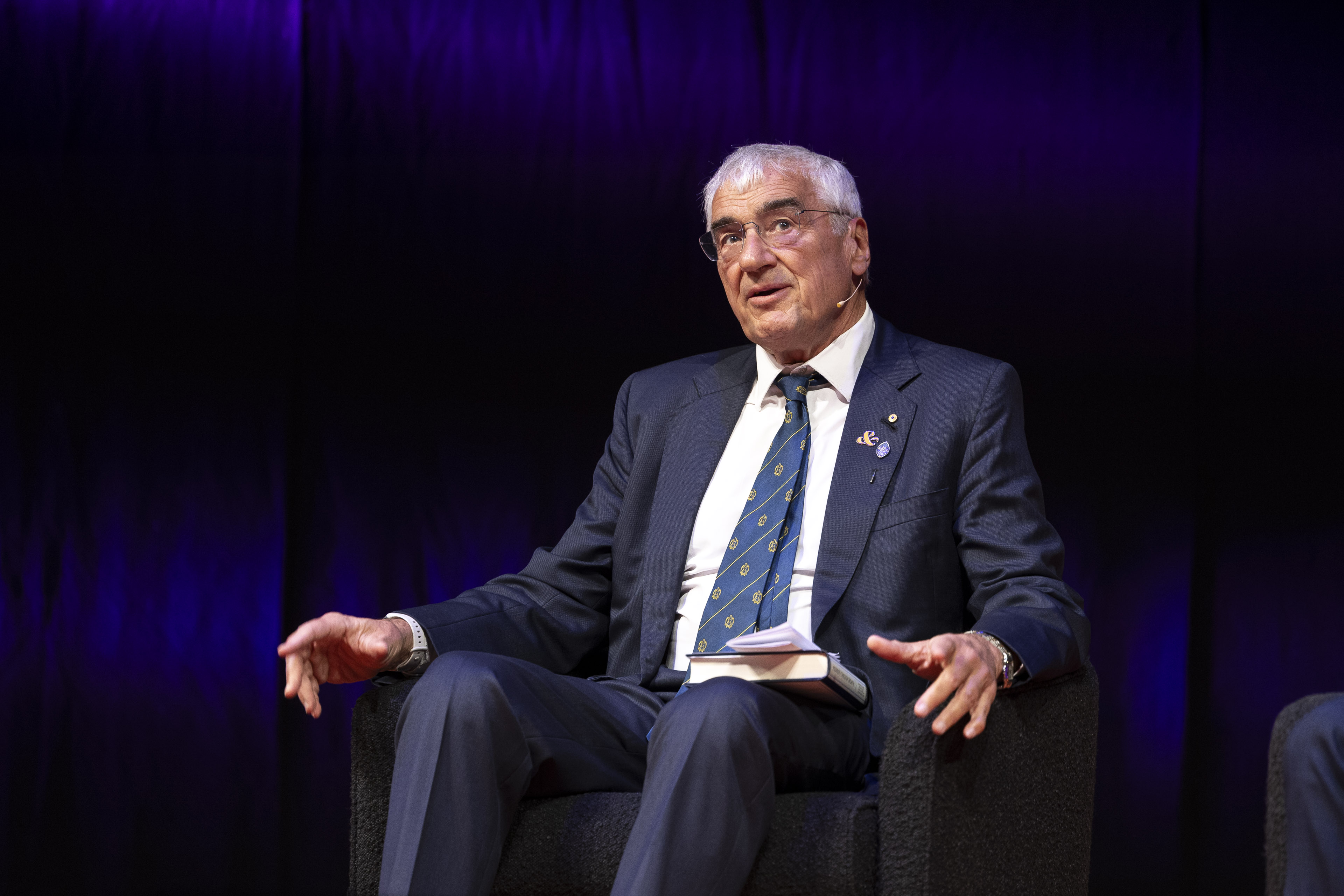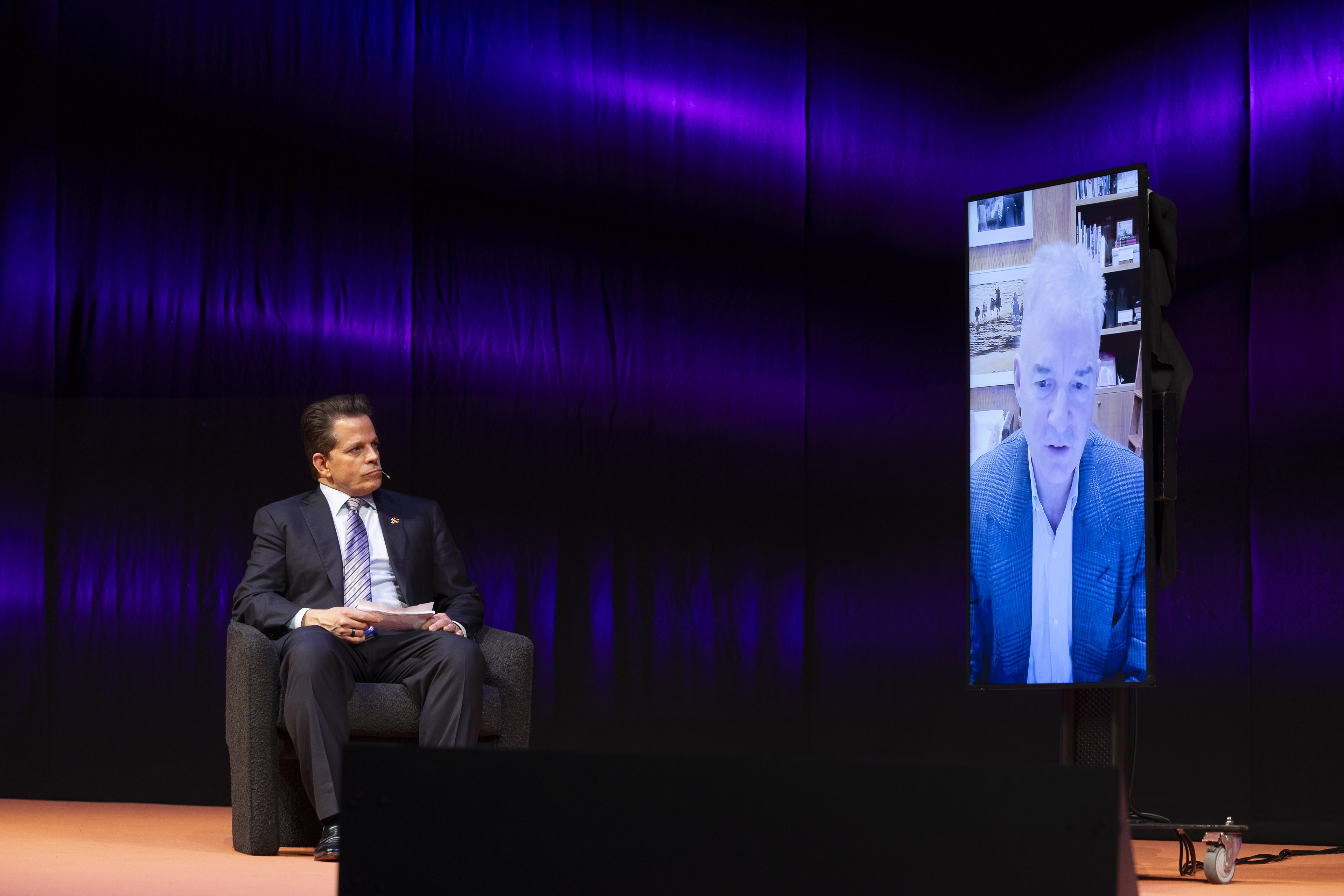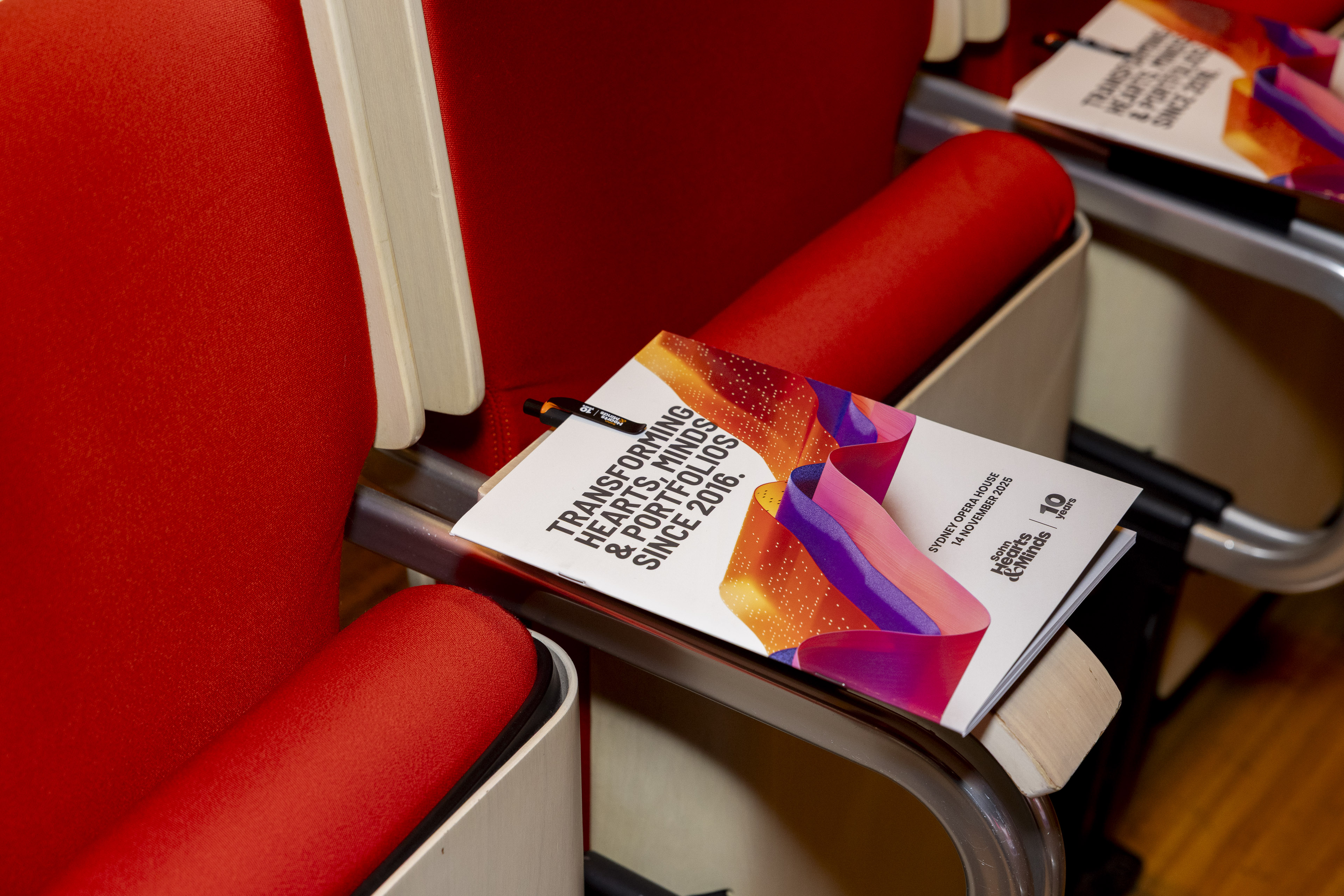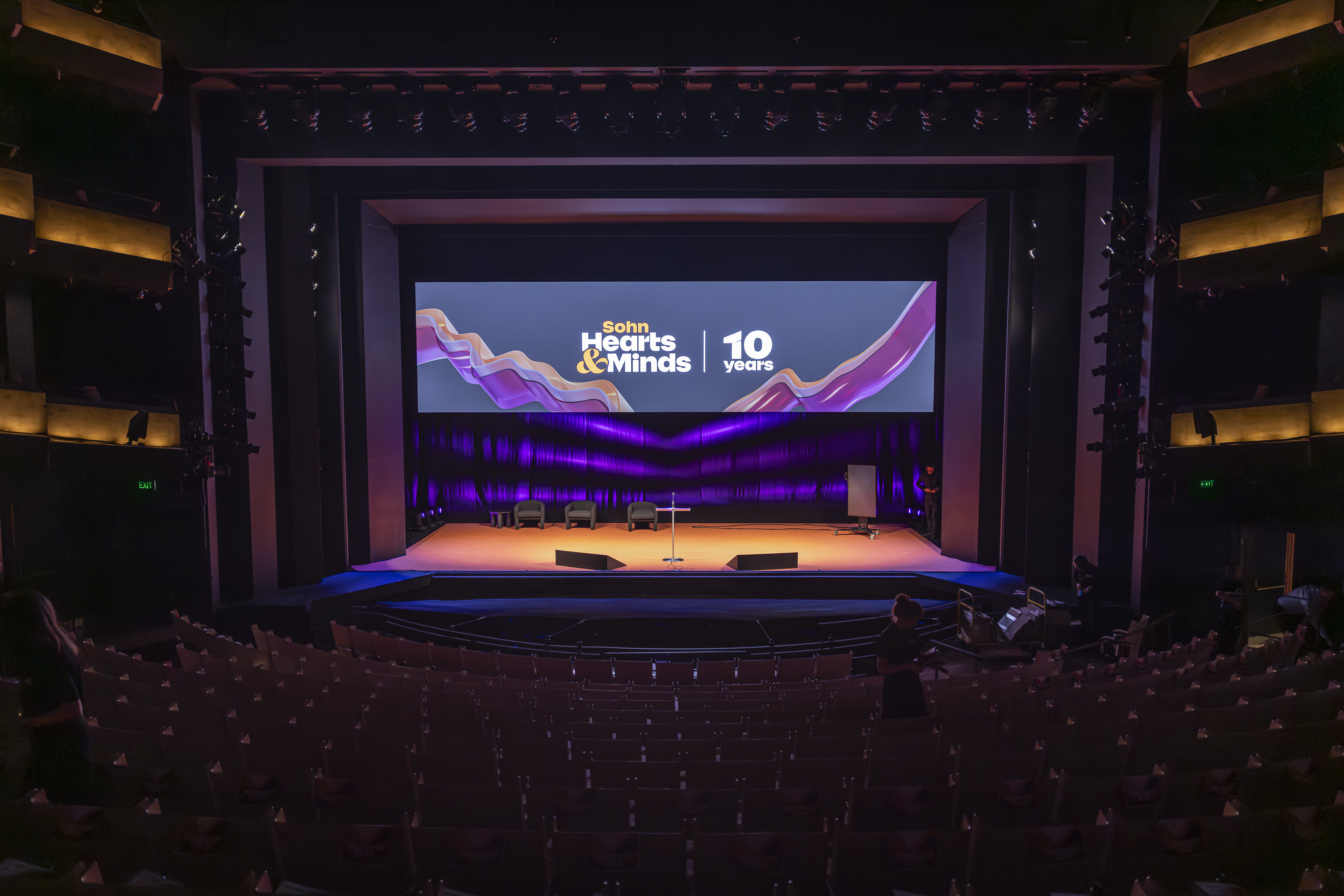Trust Howard Marks to deliver the line of the day at the Sohn Hearts & Minds Investment Leaders Conference in Adelaide on Friday, which was abuzz with chat about the prospects for investing under the second Donald Trump administration.
What will Trump mean for inflation? What will he mean for growth? What will he mean for geopolitics, and particularly China, which Australia is so reliant on?
Marks, who declared he was willing to give the second Trump administration the benefit of the doubt, was quick to emphasise that he’s no geopolitical expert.
“Which probably means I’m qualified for a cabinet position,” he quipped.
Marks warned Trump “will continue to come out swinging in regards to China” but also predicted that both China and Australia could find ways to navigate the great economic rivalry of our time.
China, Marks pointed out, still wants to grow its economy by 5 per cent a year, and there’s simply not enough domestic demand or export demand from countries like Russia, Iran and North Korea to deliver on that goal. “They’re going to have to play by most of the rules and remain part of the world economic community,” Marks said.

The other big star of the day was Nick Moakes, chief investment officer at the £36.8 billion ($72 billion) Wellcome Trust, which gives a staggering £1.7 billion to medical research each year. He offered a different perspective on China and geopolitics. While the growth of its economy over the last few decades has been staggering, it’s been very hard to make money for the simple fact the economy is hugely competitive, and margins in any given sector are quickly competed away.
But it’s not the only reason he’s wary of investing in China. “We have to worry about the return of our capital as much as the return on our capital,” he said.
Moakes thinks hard about geopolitics, but he also delivered a reminder that should stay at the forefront of investors’ minds as the market ties itself in knots in the coming months trying to second-guess Donald Trump’s next move.
“Ultimately what we are buying is assets, not economies.”
Here are seven big lessons from Moakes and Marks, the stars of the Sohn show on Friday.
Rule number one
Moakes doesn’t like the concept of ESG, which he says has been hijacked by the investment management sector for marketing purposes. But governance explains “rule number one” at the Wellcome Trust. “Don’t invest in anything where the people behind it are, have been, or should be, in prison.”
Easy to say, but sadly not always easy to do.
How to think about returns
Moakes comes at investing from a different perspective. His fund has no clients and no time frame – his job is to keep earning money that can be given away. Still, the way he thinks about returns is fascinating.
Using 10 years as a proxy time frame for a long-term investment, he considers four things: what’s the reasonable expected return from an investment; what’s the risk of losing all the Trust’s money on a permanent basis; what liquidity is available (recognising Moakes needs more liquidity than other investors because he wants to keep the money flowing to medical research); and what level of control does he have over the asset.
The higher the risk of permanent capital destruction, the lower the level of liquidity on offer, and the less control Moakes has – does he own 100 per cent of the asset or is he just one of many shareholders, as in a public company? – the greater the excess return he will demand. The Trust targets an inflation-adjusted return of about 4 per cent.
Mainly, do nothing
Moakes provided a wry lesson about investment frequency. “What I say to my team is: if in doubt, do nothing. And I am usually in doubt.”
Only four or five big decisions in the past 20 years have made a difference to the Wellcome Trust portfolio, and so when a big change of direction or decision does come up, Moakes wants to place a sizeable bet that can actually make a meaningful difference to returns.
Investors, he reminded the 700-strong crowd, are there to take risk.
Cashflow beats everything
Local investing legend Peter Cooper, who interviewed Marks on stage with Chanticleer, probed the Wall Street titan about his thoughts on one of the year’s hottest asset classes: gold. Suffice to say, Marks isn’t a fan.
“If an asset produces cash – a company, a building, a stock, a bond, et cetera – you can assign an intrinsic value to it. But it doesn’t produce cash flow – oil, furs, diamonds, art, crypto and may I say, gold – I think you can’t calculate an intrinsic value, and so investing in it approaches what I would call speculation.”
Moakes didn’t comment on gold, but he takes a similar view of the importance of cash flow. “The single most important thing is that you need to be invested in real assets … that means you want to own equities of any flavour,” he said. That includes everything from public and private equities to venture capital.
It’s still very hard to beat the US
Many of those equities, Moakes says, continue to be found in the US. His view is that innovation equals productivity, which in turn equals outsized returns. “If you’re going to be investing across the spectrum of venture capital, buy-out funds, all the way through to public equities, you’re naturally going to end up going to the US.”
Marks has a similar view. The US has the world’s greatest mix of “free markets, economic dynamism, creativity, rule of law, personal freedoms [and] deep capital markets” and will probably stay that way. But with valuations historically stretched, Marks did remind the audience “you’re not getting that excellence for nothing”.
Look for the G-TOOT
Around the offices of the Wellcome Trust, they like to talk about G-TOOTs – the Greatest Trades of our Time.
Moakes has done two of them, he reckons: in 2018 and 2021, the Wellcome Trust issued bonds at extremely low coupon rates (2.57 per cent and 1.50 per cent) for 100 years and 50 years respectively. Moakes estimates the former deal, where the Trust raised £750 million, could create £20 billion of value if it can achieve that targeted real return of 4 per cent over the next century.
We’re not going back
Moakes and Marks were in furious agreement about where inflation and interest rates are heading. The idea that rates are heading back towards 2 per cent, Moakes says, is “bullshit, in my view”.
Marks, who says we may actually be done for US interest rate cuts in the short term given the strength of the economy, expects long-term interest rates to hover around the 3 per cent range. “What that means is that investors in what we call credit or debt or fixed income will be able to achieve good, healthy returns from debt, dependably.”
This article was originally posted by The Australian Financial Review here.
Licensed by Copyright Agency. You must not copy this work without permission.


